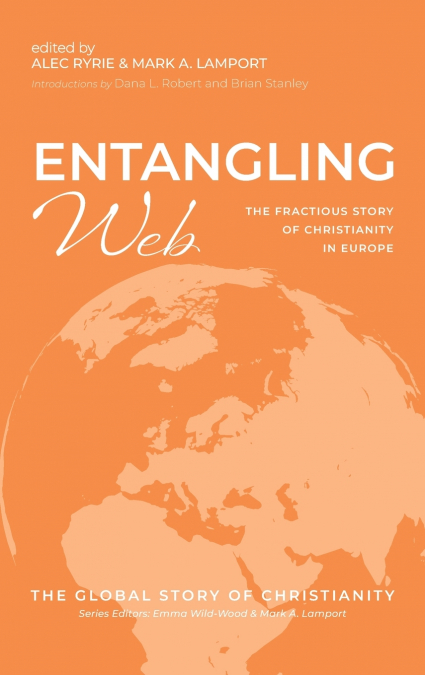
Brian Stanley
Europe has a tremendously important role in the history of Christianity and was the continent with the most Christians from roughly the year 900 to 1980. However, Europe is now home to only 22 percent of all Christians in the world, down from 68 percent in 1900. The major trend of European religion in the twentieth and twenty-first centuries has been secularization--disestablishment and decreased influence of state churches, lower importance of religion in the public sphere, the decline of religious beliefs and practices, and individual religious switching from Christianity to atheism and agnosticism. One hundred years ago, it was true that the typical Christian in the world was a white European. Given current trends, however, Europe is clearly no longer the geographic nor demographic center of world Christianity. Yet, that does not mean Europe has no role in the future. It is still the home of major Christian communions, such as Catholics (Rome), Anglicans (Canterbury), Russian Orthodox (Moscow), and Lutherans (Geneva). European mission agencies are active throughout the world providing theological education and social welfare programs, combatting climate change, and advocating for gender equality.